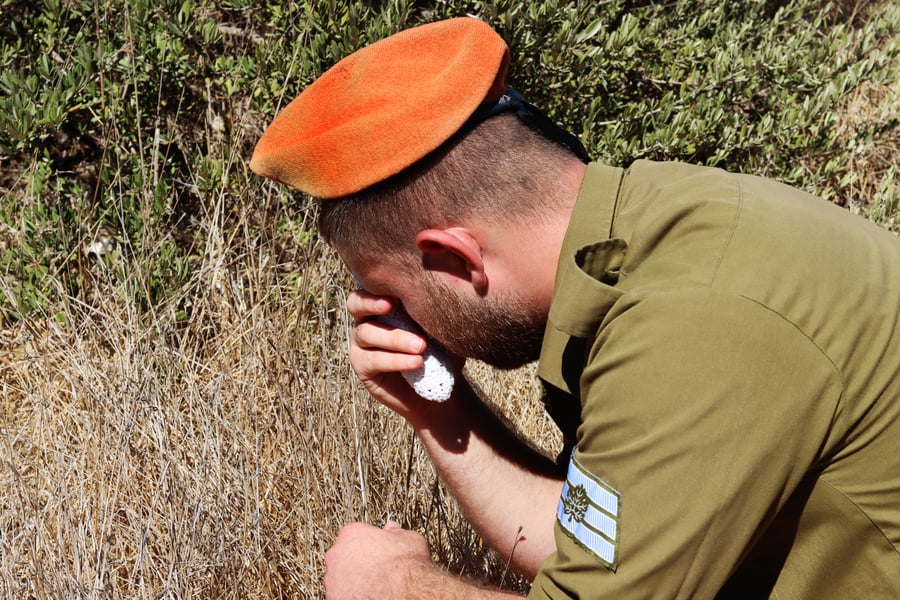
As the conflict in Gaza stretches into its 11th month, Israel's citizen-soldiers grapple with an unexpected enemy: time itself
In the sun-baked expanses of southern Israel, Adi Hazan stands guard, his machine gun at the ready. It's a scene that could be plucked from any moment in Israel's tumultuous history. But for Hazan, a 41-year-old construction worker turned reservist, this moment has stretched into an eternity.
When Hamas attacked Israel on October 7, 2023, igniting a war that would shake the region, Hazan answered the call of duty without hesitation. Like thousands of his fellow reservists, he expected a swift return to civilian life. Now, nearly a year later, he finds himself trapped in a limbo between soldier and citizen, watching helplessly as his business crumbles and his family relies on the charity of others to survive.
"I don't know what will happen," Hazan confesses, his voice tinged with a weariness that comes not from physical exertion, but from the grinding uncertainty of his situation. "No one knew this situation would continue for so long."
Hazan's story is not unique. It's a refrain echoed across Israel, a nation of fewer than 10 million souls that has long relied on its citizen-soldiers to form the backbone of its defense. But as the conflict in Gaza drags on, with no clear end in sight, this system—once a source of national pride and strength—is showing signs of strain.
The IDF has always prided itself on its ability to wage lightning-fast wars, leveraging its technological superiority and the dedication of its reservists to overcome numerically superior foes. The Six-Day War of 1967 and the Yom Kippur War of 1973 stand as testaments to this strategy. But the current conflict defies this paradigm.
Today, Israel faces a different kind of enemy. Hamas, Hezbollah, and other Iran-backed militias are entrenched in neighboring territories, armed with sophisticated weaponry and protected by extensive tunnel networks. These are not adversaries that can be easily vanquished in a matter of days or weeks.
"Israel did not prepare itself for a long war," admits Yaakov Amidror, former head of Israel's National Security Council. "We thought about a big strike of the air force and then a fast maneuver by the ground forces. The longer the time, the more problematic it is to maintain the support and the readiness of the fighting forces."
This prolonged engagement is taking its toll not just on the battlefield, but on the home front as well. The Israeli economy, once a beacon of innovation and growth in the Middle East, is showing signs of strain. The Bank of Israel projects a mere 1.5% growth in 2024, a far cry from the nation's usual economic vigor.
Behind these cold statistics lie countless personal stories of hardship and sacrifice. Assaf Mor, a 45-year-old holistic medicine practitioner, found himself torn between duty to country and duty to family. After 100 days of service in Gaza, during which he juggled nighttime logistics convoys with daytime attempts to save his failing business, Mor made the agonizing decision to decline his next call-up.
"It's unbearable, one of the hardest crises I've had in my life," Mor says, his voice heavy with the weight of his choice.
As the war grinds on, Israel finds itself grappling with fundamental questions about its military structure and societal obligations. Proposals to extend mandatory service and increase reserve commitments are met with resistance from a public already stretched to its limits. The possibility of drafting the ultra-Orthodox community, long exempt from service, threatens to ignite a political powder keg.
Meanwhile, on Israel's northern border, Hezbollah looms as a constant reminder that the current conflict could be just a prelude to an even more devastating war. The recent killing of a top Hezbollah commander in Beirut has only heightened these tensions, leaving Israel's weary reservists to wonder if they might soon be called to fight on two fronts.
As the sun sets on another day of his seemingly endless deployment, Adi Hazan contemplates a future clouded by uncertainty and debt. "I feel that everything is collapsing," he says, his words carrying the weight of a nation at a crossroads. "At the end of the day, I also need to deal with life. I'm not a conscripted soldier—I am a soldier with a family."
In the balance hangs not just the fate of individual soldiers and their families, but the very model of citizen-soldiery that has defined Israel since its inception. As the conflict stretches on with no end in sight, Israel must confront a sobering reality: in a war of attrition, even the most dedicated warriors have their breaking point.
The Wall Street Journal contributed to this article.



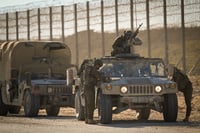
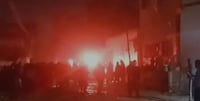
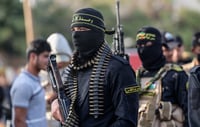
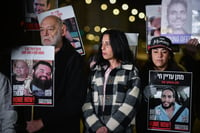
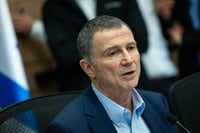


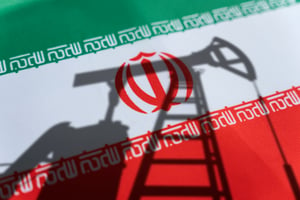

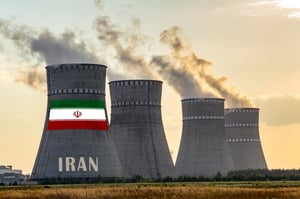

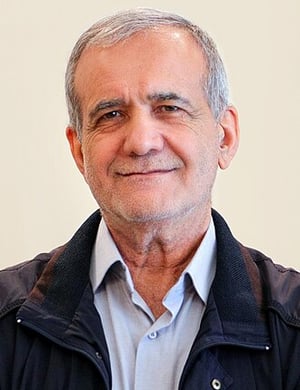

1 Comments